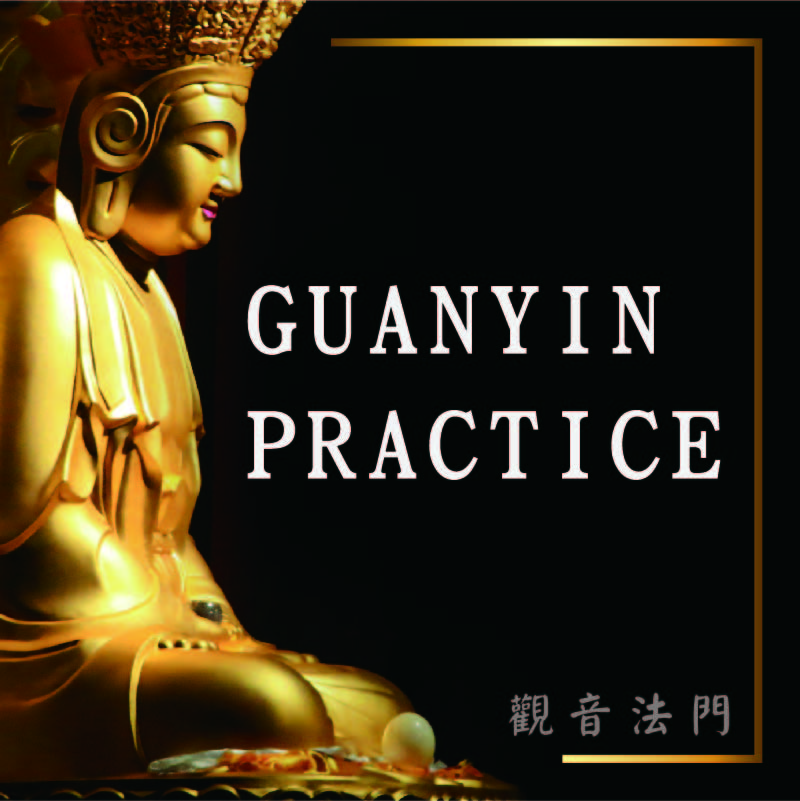
A Bright Future Ahead
 In recent years, planet Earth has undergone major disasters like earthquakes, typhoons, floods, tsunamis, and all kinds of natural disasters. These have caused a great impact on the economy. While we are saddened by these events, we must pray for the deceased to rest in peace; the living ones to start new, and mankind to learn from these lessons.
In recent years, planet Earth has undergone major disasters like earthquakes, typhoons, floods, tsunamis, and all kinds of natural disasters. These have caused a great impact on the economy. While we are saddened by these events, we must pray for the deceased to rest in peace; the living ones to start new, and mankind to learn from these lessons.
History repeats due to our quick forgetfulness. Greed is the starting point of all disasters. When a disaster occurs, people recall global warming and ecological crises. A fervent effort in protecting the environment emerges. Yet, the greed of mankind would defeat conscience again. Our greed accumulates to create detri-mental events one after another.
 To stop the natural disasters from repeating, we’d need environmental policy and the pacifying of human greed. Discontentment is the basis of greed. When we try to fulfill self-interest, we’d keep depleting resources from the environment. People are unaware that damaging the environment is also hurting oneself. Sustainability includes the environment and human survival. Only when our mind is harmonized with nature, lives can we regenerate and thrive on Earth.
To stop the natural disasters from repeating, we’d need environmental policy and the pacifying of human greed. Discontentment is the basis of greed. When we try to fulfill self-interest, we’d keep depleting resources from the environment. People are unaware that damaging the environment is also hurting oneself. Sustainability includes the environment and human survival. Only when our mind is harmonized with nature, lives can we regenerate and thrive on Earth.
As stated in the Surangama Sutra, “… all phenomena are manifestations of mind and that all causes and effects including (all things from) the world to its dust, take shape (solely) because of the mind.” Disasters do not happen without reason. The five poisons (greed, aversion, ignorance, doubt, and pride) have corrupted our morality. Conflicts are therefore created. As causes and conditions collide over time, disasters would certainly erupt. We can truly acquire the inner and outer harmony once the five poisons are uprooted. A sustainable planet for mankind is therefore attainable.
There are specific methods in eradicating the five poisons. Generosity counter-acts greed by giving and sharing. This is to thrive with others together. Compas-sion and inclusivity counteract aversion. This can resolve hatred and ease the tension. Wisdom contracts ignorance. It helps one to understand the true mean-ing of life. Modesty counteracts pride. One learns to accept others and respect differences. Doubt can be dissolved by building trust. Buddhism is all about the peace of the inner and outer states. Being able to do the above mentioned, the three higher trainings (ethical disciplines, meditative stabilization, and wisdom) serve as the basis. Ethical disciplines are the guideline of living. Meditative stabi-lization is the affirmation of one’s belief so life stays on the right track. Wisdom helps to resolve and untie. That way, every moment is the manifestation of per-fect harmony.
 The three higher trainings not only solve the inner conflicts of individuals. They also reconstruct the view and values of people. These changes would directly af-fect the development of this world. Among all, education shapes our values and view. The most influential education is religion. It is different from the regular school system because religion is a life application. It emphasizes taking action to change oneself and the world.
The three higher trainings not only solve the inner conflicts of individuals. They also reconstruct the view and values of people. These changes would directly af-fect the development of this world. Among all, education shapes our values and view. The most influential education is religion. It is different from the regular school system because religion is a life application. It emphasizes taking action to change oneself and the world.
Hence, I sincerely ask people of different religions, leaders, and scholars to work together. Let’s awake our conscience which has been long frozen and sealed by greed and self-interest. May every religion transform the human mind with its means. Let’s lead our disciples to have interfaith dialogues and collaboration. By collecting the wisdom of different faiths, we can tackle the issue of human sur-vival. To do so, we must have a thorough understanding of suffering. From un-derstanding, we can find solutions to pacify the suffering from inside out. Sen-tient beings would finally acquire a peaceful and harmonious existence. This can take place right here on our planet of love and peace.













